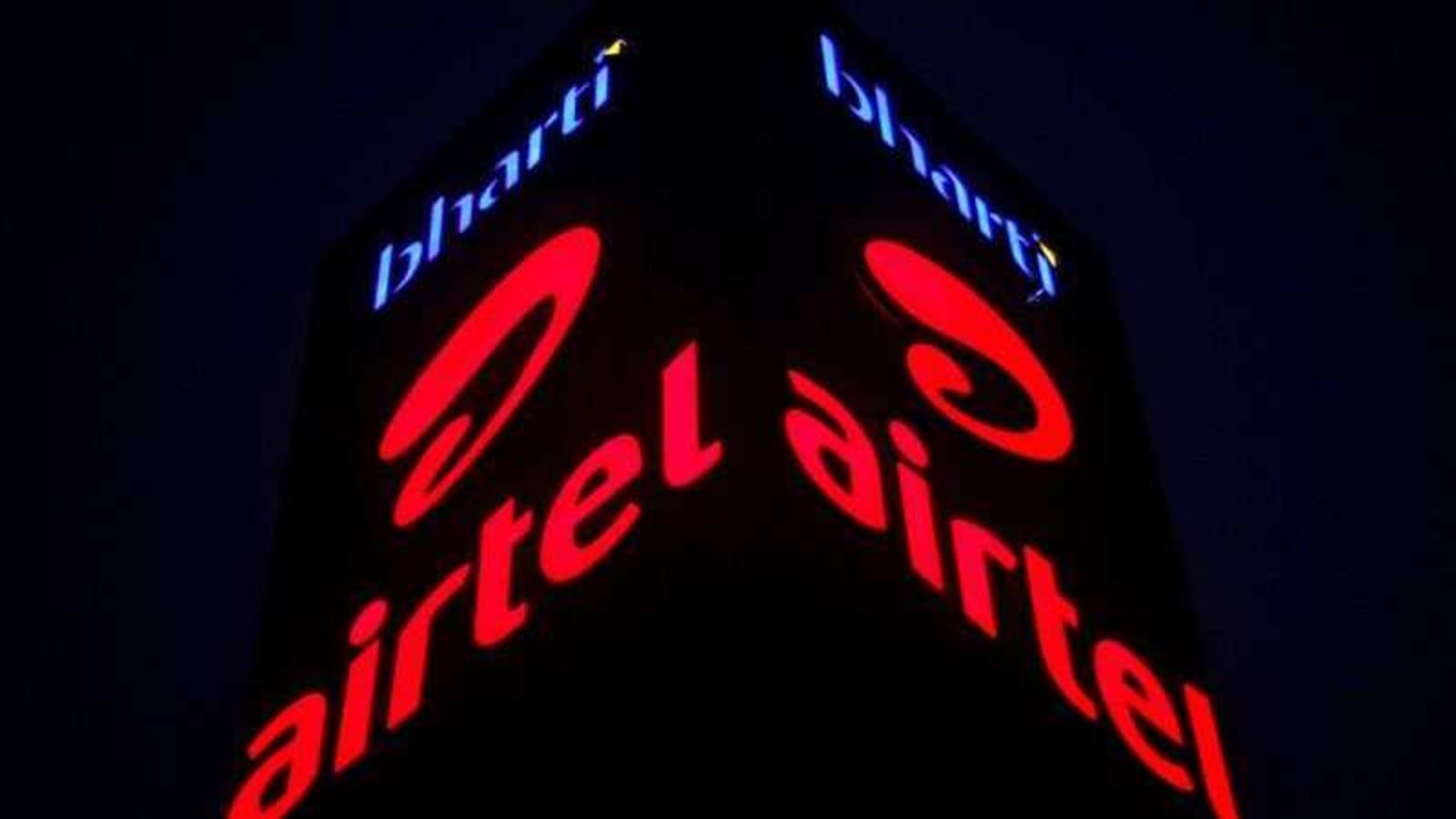India specific 5G standard an existential threat: Airtel CEO
Vittal also said the development of a separate 5G standard will impact innovation.

The idea to develop India specific 5G standard is an existential threat and will lock the country out of the global ecosystem, a senior Bharti Airtel official said on Tuesday.
The official also said the development of a separate 5G standard will impact innovation.
"There are sometimes talks that India must have its own 5G standard. This is an existential threat which could lock India out of the global ecosystem and slow down the pace of innovation. We could have let our citizens down if you allow that to happen," Bharti Airtel CEO Gopal Vittal said while speaking at virtual India Mobile Congress 2020.
The statement from Vittal followed a speech by RIL Chairman Mukesh Ambani at the event, where he mentioned that Jio's 5G network "will be powered by indigenous-developed network, hardware and technology components".
Jio has sought spectrum in certain frequencies from the Department of Telecom for holding trials of the latest 5G technology. The company's wholly-owned US-based subsidiary Radisys has already started selling some of the 5G solutions to foreign companies.
Vittal said India should have an open ecosystem. He cited examples of CDMA and GSM to push his case.
"CDMA was better technology, but GSM won because it was more accepted technology. More companies in the world embraced GSM. GSM won because it became part of the global ecosystem and CDMA died," he added.
He said that there is a need to create an India open ecosystem and promote applications developed for India and by India.
"For this we have to come together. We have to set aside our differences and be part of one. Telcos, equipment players, device players, manufacturing companies, IT companies. Everyone can benefit as the globe of technology makes it all more productive," Vittal said.
He called for enabling a policy environment that keeps access to affordable technology.
"...If we as a country can embrace global standards, create an open ecosystem for India and leverage this to reimagine our businesses by having a single and predictable policy environment, the entrepreneurial energy of India will develop digital India," Vittal said.
He had earlier said that the company will refrain from bidding for 5G spectrum if the reserve price is high.
Regulator Trai has recommended a price of ₹492 crore per Mhz for spectrum in the 3,300-3,600 Mhz band which is considered suitable for 5G services at present.
Telecom operators interested in buying radiowaves for 5G services will have to shell out a minimum of ₹9,840 crore on pan-India basis to buy spectrum in the 3,300-3,600 Mhz band as Trai has suggested that it should be put to auction in the block size of 20 MHz.
Earlier also, Airtel had said that it will not bid for this spectrum at the Trai-recommended price as companies will need to shell out about ₹50,000 crore to acquire a decent quantity of frequencies in this band.
Catch all the Latest Tech News, Mobile News, Laptop News, Gaming news, Wearables News , How To News, also keep up with us on Whatsapp channel,Twitter, Facebook, Google News, and Instagram. For our latest videos, subscribe to our YouTube channel.























